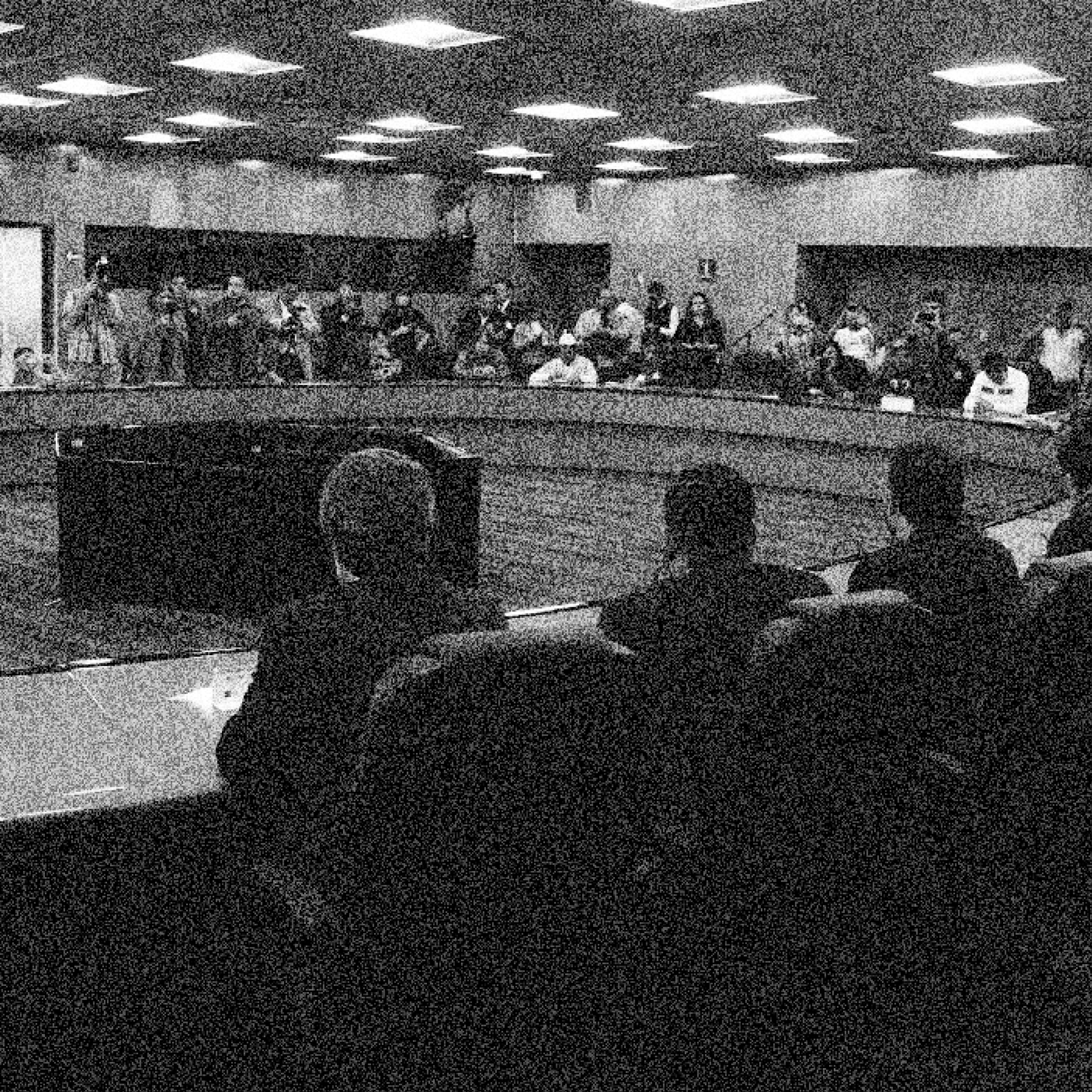
The development of the “Ley General de Aguas” has been pending since 2012, when Article 4 of the Constitution was modified to recognize the human right to water, establishing a period of 360 days to prove the new legislation. However, due to the appearance of a citizen participation institution against the principles of the law, it still has not come into force. The law has become a relevant debate between two legislative bodies with contrary principles regarding water management: the government and a citizen initiative.
Based on certain theorems of hegemonic economic theory, salinists - followers of Carlos Salinas, president of Mexico from 1988 to 1994 - legally changed the article 27 of the constitution and separated the two sources of social welfare: economic efficiency and the equitable distribution of wealth, leaving aside the second one. As Ivonne del Valle mentions in her discussion with Isha Ray: “The Ley General de Aguas basically privatizes water. It wants to limit the amount of water used by people without limiting the use of water for mining and fracking. In addition, it limits the public right to research about water’s management. For example, if we want to know the amount of pollution carried by a river, we need a special permit!” 1
The two opposed bodies are composed of the government and the citizen initiative. While the first one defends that water management should be distributed among federation, states and municipalities prohibiting community management, “Agua para Todos” disagrees. This institution is organized by a group of researchers and citizens presented by left-wing deputies. On February 4, 2020, they managed to reach the Chamber of Deputies to present the reformulation against the existing law, thus blaming privatization of water and its unsustainable extraction. 2
Based on certain theorems of hegemonic economic theory, salinists - followers of Carlos Salinas, president of Mexico from 1988 to 1994 - legally changed the article 27 of the constitution and separated the two sources of social welfare: economic efficiency and the equitable distribution of wealth, leaving aside the second one. As Ivonne del Valle mentions in her discussion with Isha Ray: “The Ley General de Aguas basically privatizes water. It wants to limit the amount of water used by people without limiting the use of water for mining and fracking. In addition, it limits the public right to research about water’s management. For example, if we want to know the amount of pollution carried by a river, we need a special permit!” 1
The two opposed bodies are composed of the government and the citizen initiative. While the first one defends that water management should be distributed among federation, states and municipalities prohibiting community management, “Agua para Todos” disagrees. This institution is organized by a group of researchers and citizens presented by left-wing deputies. On February 4, 2020, they managed to reach the Chamber of Deputies to present the reformulation against the existing law, thus blaming privatization of water and its unsustainable extraction. 2
Logos of the two institutions with different ideologies related to the Ley General de Aguas.
Sources: https://www.gob.mx
Sources: https://www.gob.mx
- H20Mx: A Discussion with Isha Ray and Ivonne del Valle”, https://clas.berkeley.edu/events/spring-2015/h20mx
- Citizen Initiative about Ley General de Aguas”, https://www.youtube.com/watch?v=W2iflqA--cs
